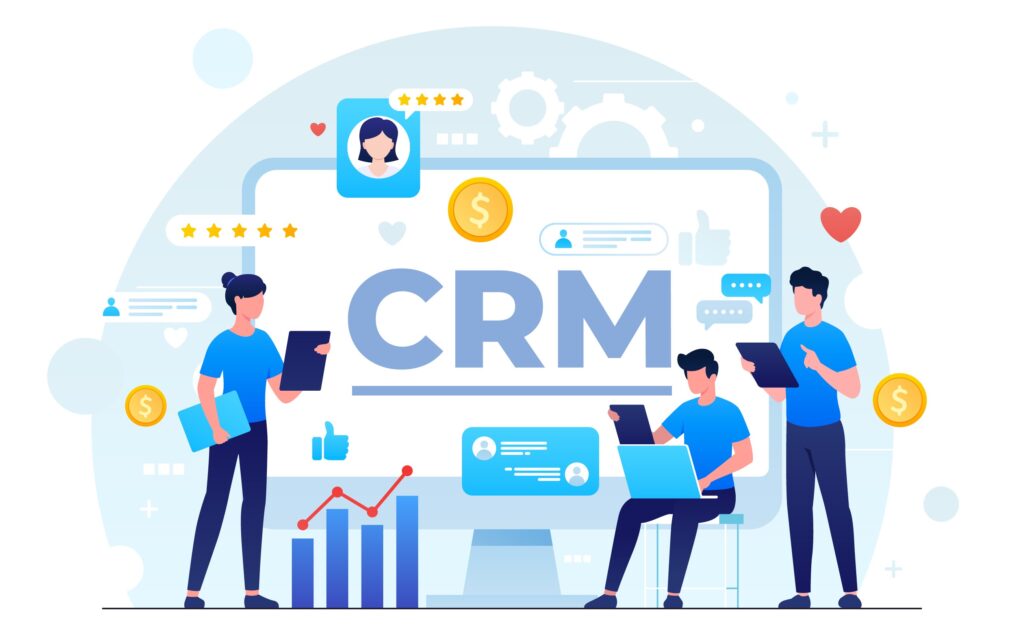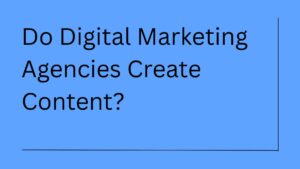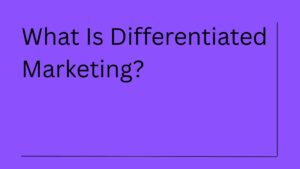Collecting and organizing actionable customer data is a full-time job—one that doesn’t forgive mistakes easily. That’s why investing in and knowing the benefits of high-quality CRM (customer relationship management) software is a must for any business aiming to elevate customer satisfaction to the next level. With the right CRM solution, you gain several advantages that allow you to identify, understand, and assist your clients, ensuring you never have to worry about losing revenue due to incomplete data or missed opportunities.
CRM software isn’t just a tool; it’s the backbone of your sales strategy. It streamlines processes, optimizes tasks, and enhances every interaction with your customers. Let’s explore ten powerful benefits of CRM software that can help your company find success.
10 Benefits of CRM (Customer Relationship Management Software)
1. Streamline Your Sales Process
One of the most important benefits of CRM software solution is automating the sales process. Before CRMs entered the picture, businesses often managed their sales processes using Excel sheets, emails, and various static tools. While these methods might suffice for a few leads, they quickly become unmanageable as your business grows. With increasing lead volume, the risk of losing track of prospects or missing crucial follow-ups skyrockets.
A CRM revolutionizes this by offering a centralized platform where you can track your leads from the point of entry to conversion—and beyond. It gives you a clear view of where each lead is in your sales funnel, allowing you to guide them through the process efficiently. You can see how they interact with your business, what steps they’ve taken, and what’s needed to close the deal. With CRM system, you eliminate the leaks in your sales funnel, ensuring that every lead is accounted for and nurtured appropriately.
2. Cost Savings
Implementing a CRM tool might seem like a significant investment at first, both in terms of time and money. However, the long-term benefits far outweigh these initial costs. With CRM, your sales team can schedule meetings more effectively, grouping prospects by geographic area or priority, which reduces travel expenses and time spent on less valuable leads.
Moreover, CRM software centralizes all client and prospect information, eliminating the need for individual spreadsheets or contact databases. This reduces redundancy, streamlines communication, and minimizes the risk of errors or data loss. The result is a more efficient sales process that ultimately leads to cost savings and higher revenue.
3. Prioritize High-Value Leads
When your system is flooded with thousands of leads, it’s easy to lose track of who to call first. Without enough data, you might end up spending valuable time on leads that aren’t likely to convert while overlooking those with higher potential. This is where CRM software shines.
A CRM allows you to prioritize your leads by assigning them scores based on their likelihood to convert. You can group leads into categories, such as hot, warm, or cold, based on their activities and interactions with your business. This way, you can tailor your approach to each group, ensuring that hot leads are contacted immediately, warm leads are nurtured with incentives, and cold leads are kept engaged until they’re ready to buy. This targeted approach not only saves time but also increases your chances of closing deals.
4. Improve Customer Relationship Efficiency
The more you know about your clients, the better you can serve them. CRM software provides a complete history of every interaction a client has had with your business, from initial contact to the latest follow-up. This information is accessible to your entire team, meaning that anyone can step in and assist a client with full knowledge of their history and needs.
For example, if a client has a recurring issue, your customer service team can quickly access previous interactions and offer a solution without requiring the client to repeat themselves. This not only improves client satisfaction but also enhances your team’s efficiency, allowing them to resolve issues faster and more effectively.
5. Personalize Customer Interactions
Even the most skilled salesperson can’t always know what a lead wants. Often, leads are reluctant to share their buying intentions directly, making it difficult to tailor your approach. A CRM, however, gives you the tools to become almost like a mind reader.
With features like sales tracking and lead monitoring, you can see which pages on your website a lead has visited, how long they spent on each page, and which products or services they’re most interested in. This data allows you to personalize your interactions with leads, offering them exactly what they’re looking for. Whether it’s sending a targeted email, suggesting a specific product, or offering a personalized discount, CRM enables you to connect with your leads on a deeper level, increasing your chances of closing the sale.
6. Save Time with CRM Automation
The daily routine of a salesperson is frequently bogged down by repetitive tasks—updating lead statuses, sending follow-up emails, and scheduling appointments. These tasks, while necessary, can consume a significant portion of your productive day. Fortunately, CRM software comes equipped with automation features that can handle these tasks for you.
By setting up rules and triggers within your CRM, you can automate routine tasks, allowing you to focus on what you do best-selling. For instance, leads can be automatically assigned to specific sales reps based on criteria like location or lead score. Reminder emails can be sent automatically based on a lead’s activity, and follow-up tasks can be generated without you having to lift a finger. This level of automation not only saves time but also ensures that no lead falls through the cracks.
7. Enhance Collaboration Across Teams
Today, businesses are interconnected in many ways to work across teams, so collaboration between teams is crucial. Whether it’s marketing, sales, or customer service, each department plays a role in the customer journey. CRM software acts as a central hub where all departments can access and share information, ensuring everyone is on the same page.
For example, the marketing team can track which campaigns generate the most leads, the sales team can see which leads are most likely to convert, and the customer service team can view previous interactions to provide better support. This level of collaboration not only improves efficiency but also leads to a more seamless customer experience.
8. Gain Valuable Insights with Analytics
Data is the lifeblood of any business, and CRM software gives you the tools to turn that data into actionable insights. With built-in analytics and reporting features, you can track key metrics like sales performance, customer behavior, and campaign effectiveness.
For instance, you can identify which sales strategies are working and which need improvement. You can also monitor customer satisfaction levels and pinpoint areas where your service may be lacking. These insights allow you to make informed decisions that drive your business forward, helping you stay ahead of the competition.
9. Ensure Data Security and Compliance
In an era where data breaches and privacy concerns are at the forefront, ensuring the security of your customer data is more important than ever. CRM software offers robust security features that protect your data from unauthorized access and cyber threats.
Additionally, many CRM systems are designed to help you comply with data protection regulations like GDPR for CRM based data. They offer tools for managing consent, handling data requests, and maintaining audit trails. This not only protects your business from potential legal issues but also builds trust with your customers.
10. Scale Your Business with Confidence
As your company grows, so does the complexity of managing customer relationships, sales pipelines, and support needs. One of the underrated but powerful benefits of CRM software is its ability to scale alongside your business. Whether you’re adding new team members, entering new markets, or handling a larger volume of leads, a CRM ensures that your systems remain organized and efficient.
Most modern CRMs offer flexible features like customizable workflows, scalable storage, and integrations with third-party tools—so you’re not constantly reinventing the wheel as your operations expand. This means you can continue delivering excellent customer experiences, even at scale, without burning out your team or losing sight of individual relationships.
Conclusion
Investing in CRM solutions is one of the smartest decisions and may have benefits for your business. It streamlines your sales process, saves you time and money, and enhances your ability to serve your customers. With the right CRM platform, you’ll be able to prioritize high-value leads, personalize interactions, and collaborate more effectively across teams. The result is a more efficient, profitable business that’s better equipped to meet the needs of today’s demanding customers.
CRM isn’t just a tool; it’s a strategy for success.





